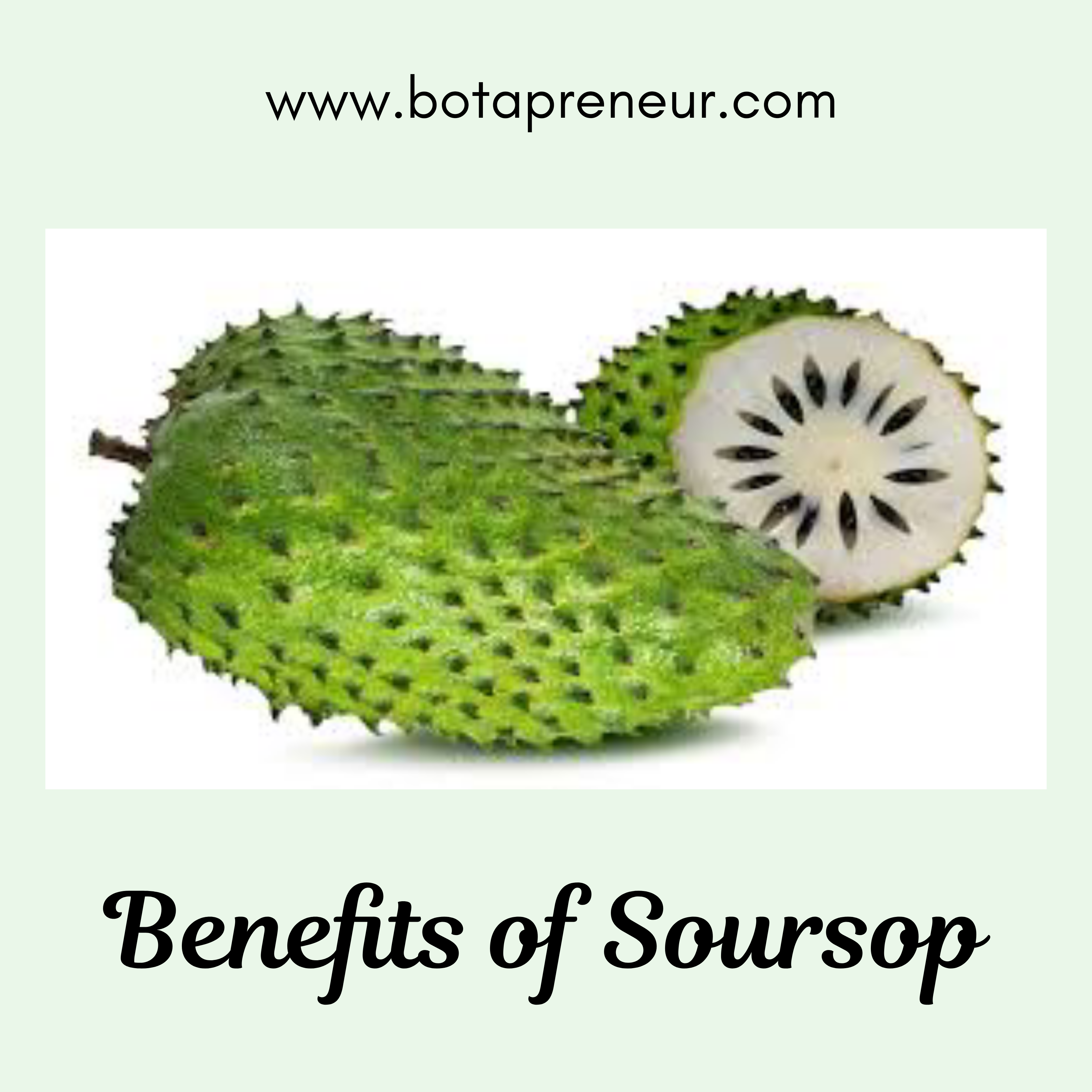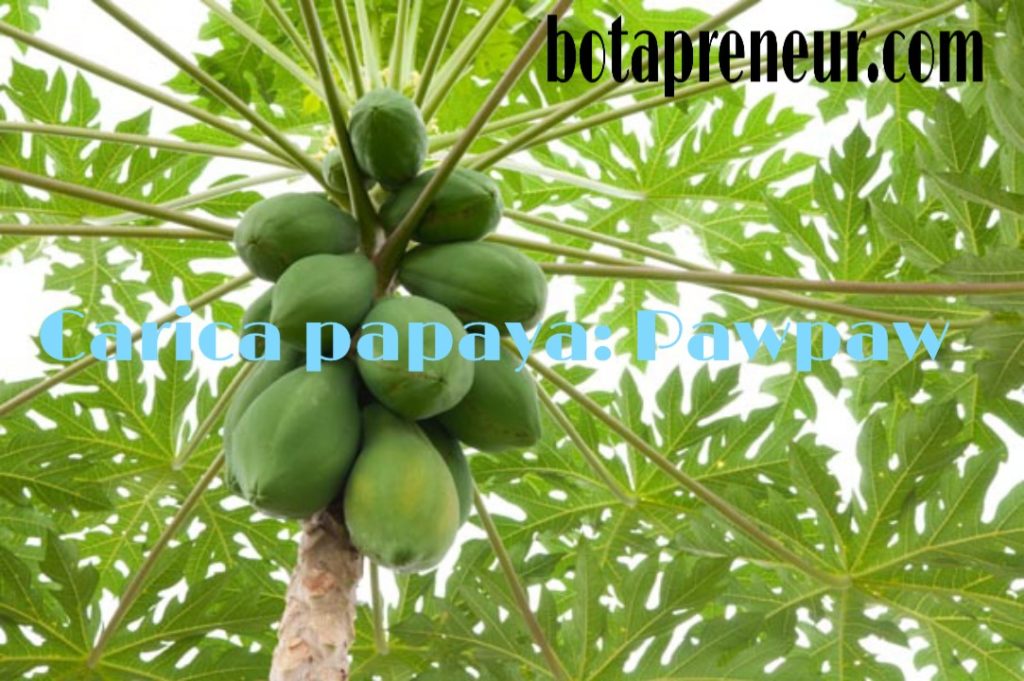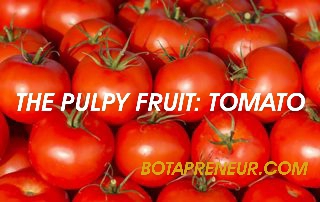Health Benefits of the Miracle Tree (Moringa)
Moringa oleifera, also known as the drumstick tree, horseradish tree, or miracle tree, is a powerhouse of nutrients and medicinal properties. It has earned the title “The Miracle Tree” because phytomedicine reports suggest it can cure as many as 300 diseases. Rich in vitamins, minerals, antioxidants, and phytochemicals, Moringa offers numerous antifungal, antiviral, antidepressant, and anti-inflammatory properties. It has been widely used for nutritional, pharmacological, and medicinal purposes across the globe. As I mentioned earlier, the ability of Moringa to potentially cure up to 300 diseases is astounding. No wonder it’s called The Miracle Tree! In this article, we will explore some health benefits of Moringa in detail. Health Benefits of Moringa 1. Reduces InflammationMoringa contains polyphenols and isothiocyanates, compounds known for significantly reducing inflammation in the body. 2. Aids Weight LossThe leaves of Moringa contain chlorogenic acid, a natural antioxidant that acts as a fat burner, making Moringa leaves ideal for weight loss. 3. Combats CancerMoringa powder is rich in catechin polyphenols, especially epigallocatechin gallate (EGCG), a powerful antioxidant known to inhibit the growth of cancer cells. 4. Promotes Wound HealingPowdered Moringa leaves can be applied to cuts and wounds to accelerate healing and reduce scarring. 5. Boosts Energy and ImmunityThe abundance of vitamins, minerals, antioxidants, and phytonutrients in Moringa makes it a natural energy and immune booster. 6. Improves DigestionWith about 30% fiber content, Moringa aids digestion and prevents constipation. 7. Balances Blood Sugar LevelsMoringa helps regulate blood sugar and glucose levels, making it particularly beneficial for diabetic patients. 8. Supports Pregnancy and LactationRegular consumption of Moringa leaves provides essential nutrients for a healthy pregnancy and also enhances breast milk production. 9. Relieves Menstrual CrampsMoringa is known to ease menstrual discomfort and cramps. 10. Strengthens BonesMoringa is rich in calcium and phosphorus, essential for maintaining strong and healthy bones. 11. Lowers Blood PressureQuercetin, an antioxidant found in Moringa, helps to reduce high blood pressure. 12. Improves Sleep QualityMoringa promotes better sleep and overall relaxation. 13. Boosts Iron and Calcium LevelsHigh levels of iron and calcium in Moringa leaves support bone health and strengthen the body. 14. Fights InfectionsThe antimicrobial, antifungal, and antiviral properties of Moringa help combat infections effectively. 15. Enhances EyesightMoringa improves vision by providing essential nutrients for eye health. 16) Moringa for Hair and Skin Moringa powder is packed with vitamins that enhance hair growth and improve skin health. Moringa Oil extracted from Moringa seeds also serves as an excellent skin moisturizer. Consumption OptionsMoringa leaves can be consumed as tea, incorporated into meals, or taken in capsule form as prescribed. Moringa tea can also be flavored with honey for added taste. Precautions and Additional Uses While these health benefits focus primarily on Moringa leaves, other parts of the plant such as seeds, bark, roots, and flowers are also useful For instance, Moringa seeds and roots have antibacterial and antifungal properties and are even used to purify water. However, caution is essential as the bark, roots, and flowers can be toxic if used improperly. Pregnant women should avoid Moringa bark and roots, as they contain spirochin, a toxic substance. Only the leaves of Moringa have been deemed safe for consumption with no reported side effects. With its numerous benefits, Moringa truly lives up to its name as The Miracle Tree. However, always consult a healthcare provider before incorporating it into your routine, especially during pregnancy or for medical conditions.
Health Benefits of the Miracle Tree (Moringa) Read More »







